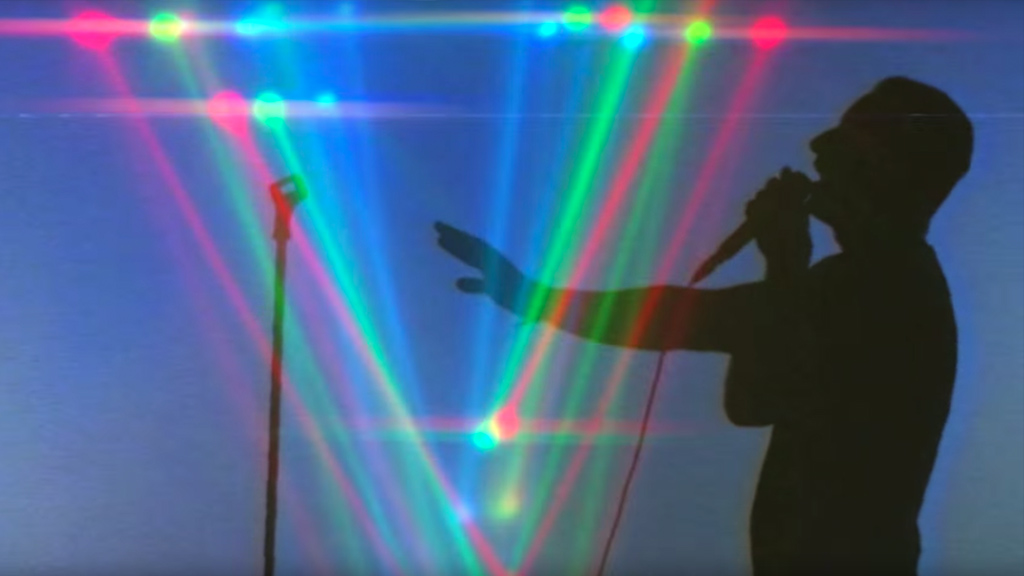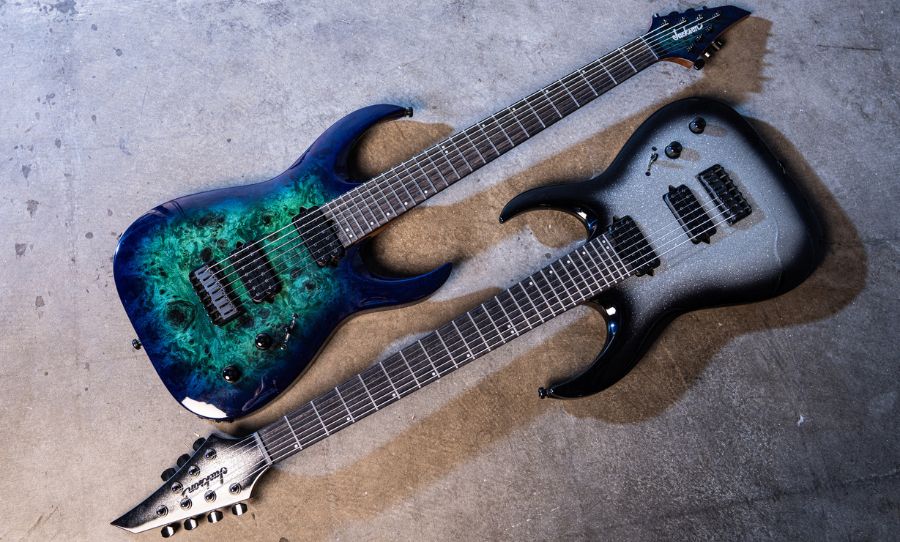Greg Puciato is a very interesting man. He’s made his way into the music industry fronting mathcore marvels Dillinger Escape plan, with a stage presence akin to a nuclear blast trapped in human skin, stage diving after he’s climbed up rigs, breathing fire on stage or that infamous time he ran on the heads of the crowd. Add to that, dating a pornstar, losing his shit when a journalist cheekily said he used roids, strongly holding onto even stronger opinions (“If we ever do a show that I feel is gonna have an overtly high level of homophobes in the audience, I promise to wear a shirt that has a picture of a dude sucking a cock on the front of it”) and that time he pooed on stage into a bag, threw bag into the crowd, and compared the bag to Puddle of Mudd.
That last incident probably can’t be topped, but Puciato nevertheless is continuing down the raw path he’s travelled for so long. Together with Joshua Eustis, the remaining half of Telefon Tel Aviv, and some bloke called Stephen Alexander, he’s put together a new project called The Black Queen.

Are you after a band that doesn’t just pay homage to 80s synth-pop, but lives and breathes it? Then pledge your fealty to The Black Queen.
A million miles from his day job in Dillinger, The Black Queen is an electronica project with a rather large synth-pop bent. There’s something rather fucking glorious about one track in particular, their big ‘un, Ice to Never. It isn’t just influenced by the sounds of the 80s, it’s drenched in them like a fish in water, Eustis and Alexander managing to perfectly encapsulate the imperfect analog timbre of those early synthesizers.
Well, to be honest, that’s probably because they’ve bought production equipment from the 80s, but the star of their work is this song’s lustre framed by drum machine beats that immediately refracts about every eardrum’s flavour country. Puciato, after a few seconds, brings in a cultured croon to stab the heart like a shot that breaks the next level of inebriation, ushering in the temporary age of romantic invincibility. The above description of the frontman neglected to touch on his lyrical majesty, which again pierces the smog of cliches with its independent tweaking of buzzwords (“But my heartbeat reached for yours”).
That croon continues, and Puciato, always an able melody seeker, tags Eustis and Alexander back in the fray for the chorus’ euphoric sledgehammer – which unusually makes its first appearance almost halfway into the song. The two at the back then take over again for the bridge, almost making the song disappear in a rather sombre connection that only makes the rise for the final emotional broadside ever more explosive.
La Roux and Chrvches are perhaps two big-name neo-synth-pop acts that may have already sowed the field The Black Queen wishes to till, but one would be mistaken for drawing any further conflations. Unlike La Roux, Puciato can sing, and unlike Chrvches, Eustis and Alexander can actually make songs with a lifespan. In addition, unlike both of those bands, The Black Queen is interested in exploring more than odes to 80s synth-pop. The End Where We Start and Still Point of My Turning Point are both primarily in ambient, and more modern-sounding than Ice to Never.
The End Where We Start, in featuring the use of auto-tune, being minimalist, slow and sombre, is not too far away from an indie-tronica track of the likes of Lontalius, or a hipster Nine Inch Nails. This track has a hook, but no sink-in-er like Ice to Never.
Then there’s Still Point, a purely instrumental track. A guitar soars in the background as a piano slowly builds its way to an impossibly far away crescendo. The shortest of all tracks, Still Point displays the current status of this project: early doors. Talking to Noisey, Puciato explains that for The Black Queen is, for him, an emotional and creative outlet for ideas he’s never been able to fully express in his day job or his metal supergroup, Killer Be Killed.
The experiential intent behind this project is quite manifest; for instance, the video for Ice to Never quite appropriately has an 80s theme (analog boombox, painted on video effects, a blurred and violet colour scheme) but the direction’s obvious nonchalance about showing a modern LA points to a frivolity.
Taking that in hand, along with Puciato’s and Eustis’ previous displays of singular music-making, The Black Queen could be on call to provide some seriously interesting music in the future. With Ice to Never in particular, they’ve proved they have a sexy style. Smash these two things together, and The Black Queen very well might be the next black.



